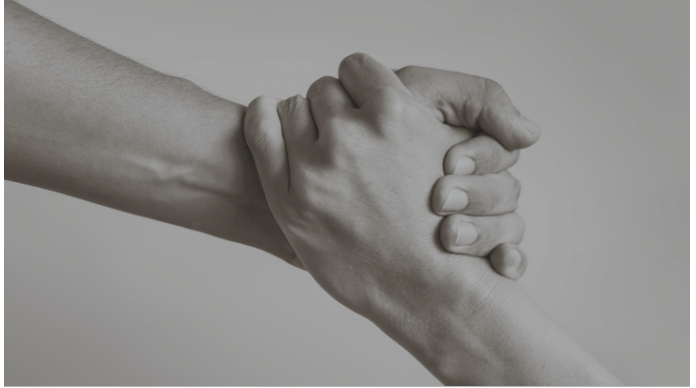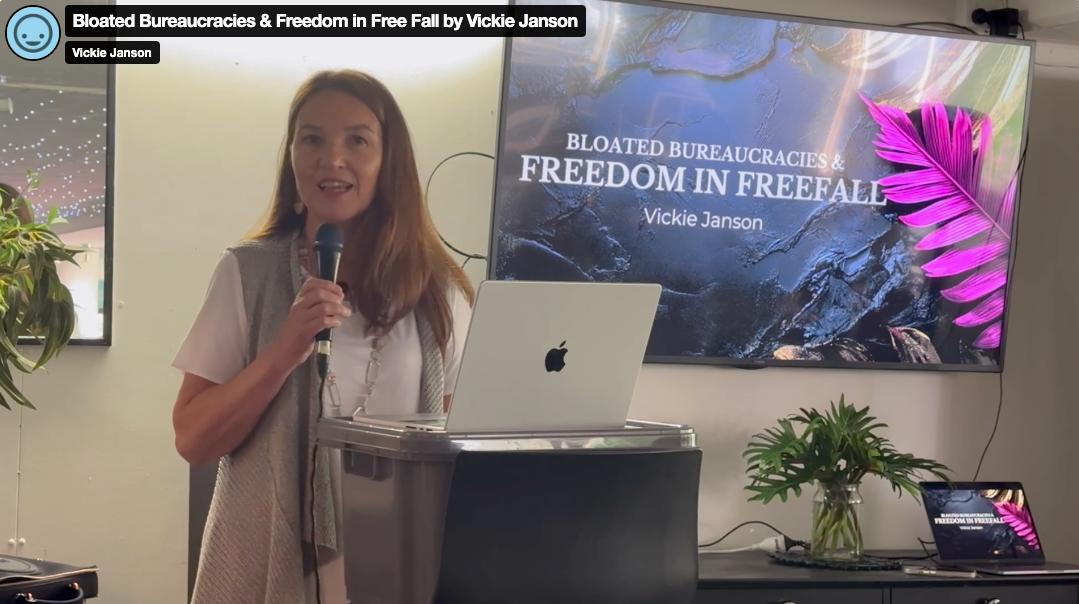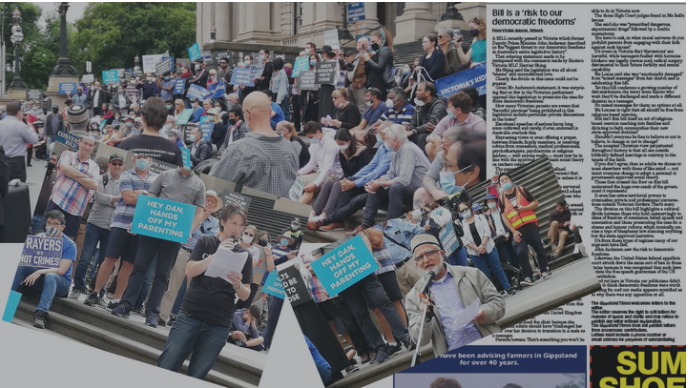Pell: A Case of Fact and Fiction
David Marr describes the faith of Pell’s supporters in him as ‘ depthless ; proof against any evidence that might be brought to bear against him.’ Co-panellists on The Drum seemed similarly mystified as to how Pell’s faithful supporters could remain so in the face of the evidence. According to Marr, Australia can claim a ‘more than modest victory for the law’, and his unsought advice to supporters is to now accept it’s time to drop any ‘florid conspiracy theories.’
That’s a little unlikely. In the assessment of ‘the facts’, Marr and his co-panellists have overlooked a very important consideration which the Cardinal’s supporters, and all people of faith, will not easily be able to discount.
One would expect that Cardinal George Pell at 78 has not lost his faith in God. This being the case, he will be expecting to meet Him face to face in a higher court on the other side of life, where harsher punishment awaits any cardinal sins. One would expect that a guilty man at his stage of life maintaining his innocence would in fact have no fear of God. If Christ says it would be better to have a large millstone put around your neck and be cast into the sea than to cause a child to stumble, how much more trouble awaits a man that so tragically trainwrecks the life of children and then denies it. To accuse Pell of lying, would, it seems, be accusing him of having lost faith in God and any fear of Him. Can his supporters accept that he has become godless? Only by his own confession. A guilty God-fearing man would confess, repent, seek forgiveness and restitution in some way, and make ready to depart this world with a clearer conscience. That’s the only pathway. His continuing plea of innocence makes him either a godless liar or innocent.
It’s a dilemma. To accept the court determination that Cardinal George Pell is a paedophile is to reject the cardinal’s own confession, and subscribe to the idea that he’s a man without any fear of God, a liar who is prepared to face his Maker knowing he’s lying. If Marr and his doomsayers fully understood what they’re asking those close to Pell to accept, perhaps they may not be so mystified at the continuing support he receives in the face of what Gerard Bradley refers to as this ‘ appellate setback.’
When it comes to the facts , Justice Mark Weinberg, as the dissenting judicial voice in squashing Pell’s appeal, has thrown a proverbial spanner in the works. His concern that the “prosecution relied entirely upon the testimony of the complainant to establish guilt, and nothing more’’ highlights a complete lack of supporting evidence on the part of the prosecution and as Justice Weinberg notes, ignores the evidence as a whole. In his judgment, there is a “significant possibility that the applicant in this case may not have committed these offences” which is why in good conscience, Weinberg had no choice other than to maintain his dissent. Like the first jury, this eminent lawyer, considered an expert in the criminal field and the most qualified criminal practitioner of the three on the Court of Appeal, believes the case for convicting Pell fails the reasonable doubt test. Hardly a ‘more than modest victory for the law.’
Archbishop Anthony Fisher said the ‘split decision among the judges is consistent with the differing views of the juries in the first and second trials, as well as the divided opinion among legal commentators and the general public. Reasonable people have taken different views when presented with the same evidence…” That is, reasonable people differ on whether there is reasonable doubt of Pell’s personal guilt with a general sentiment that he may be no more than the scapegoat ‘for the sins of the Fathers.’ The public remember the case of Lindy Chamberlain, who was wrongly convicted of murdering her baby daughter in 1982 in central Australia, and similarities are being drawn.
Critics like Marr may accuse Pell’s supporters of not accepting this judgment due to their depthless faith; however, Justice Weinberg’s detailed assessment casts the case for reasonable doubt , based in unsupported or contradictory fact. It will no doubt be the crux of the Pell case in Australia’s High Court.










